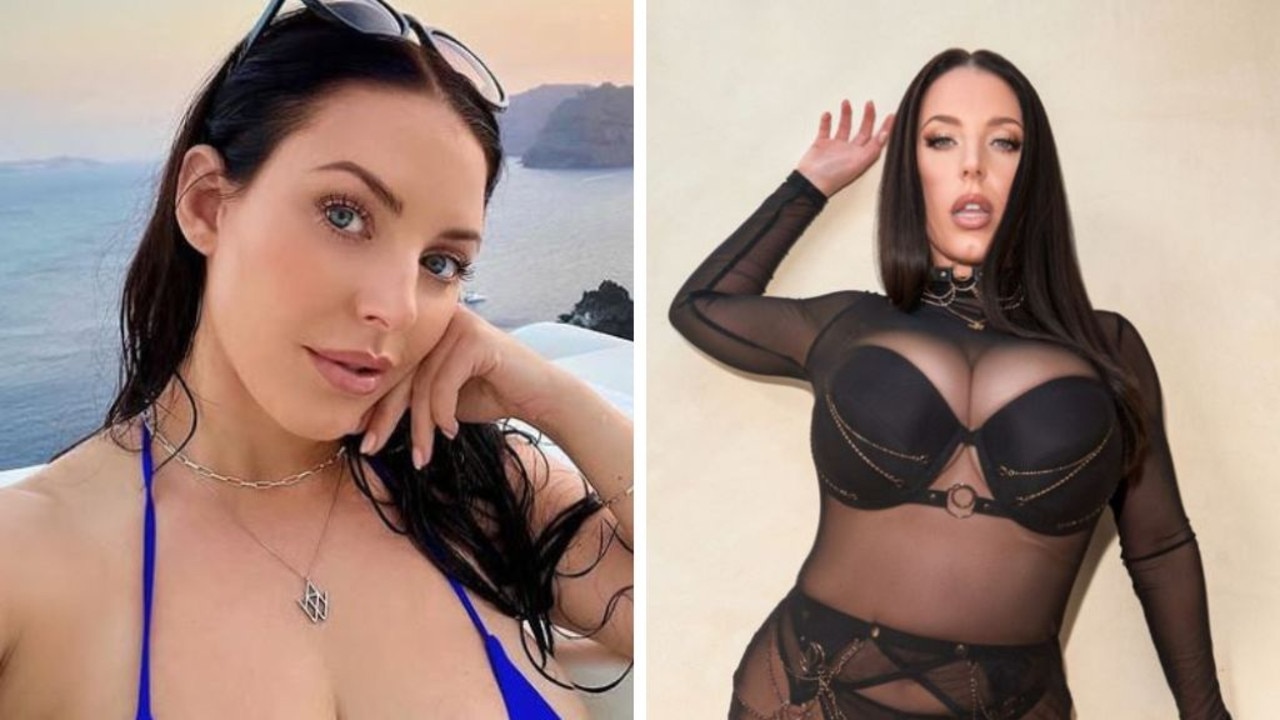Nadia Bokody: Weird move exposes men’s relationship fear
Why do men prefer “natural” women? Sex expert Nadia Bokody analysed reaction to her photos, arguing the phenomenon is about dominance.
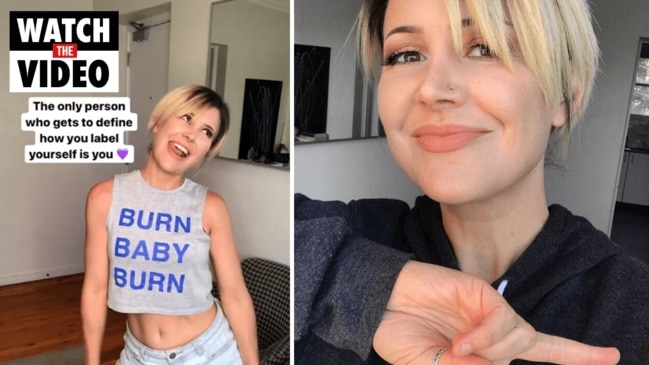
It’s a brisk Sydney morning and I’m making my way home from the gym; a bag of groceries dangling from my wrist.
“Excuse me!” A voice calls from somewhere behind me.
I ignore it and continue weaving through the crowd on Broadway.
“Excuse me – uh – Miss...” This time its urgent, and closer.
“You’ve been doing some shopping?”
I pivot and come face-to-face with a man who looks to be in his mid-twenties. He’s well-groomed and handsome, but visibly nervous. It’s clear to me what’s happening now.
“I saw you from across the street and wanted to come and say hi. My name’s Steven. What’s yours?” he asks, outstretching a hand.
I grasp his palm assertively and shake it.
“Nadia. It’s nice to meet you, Steven. Can I help you?”
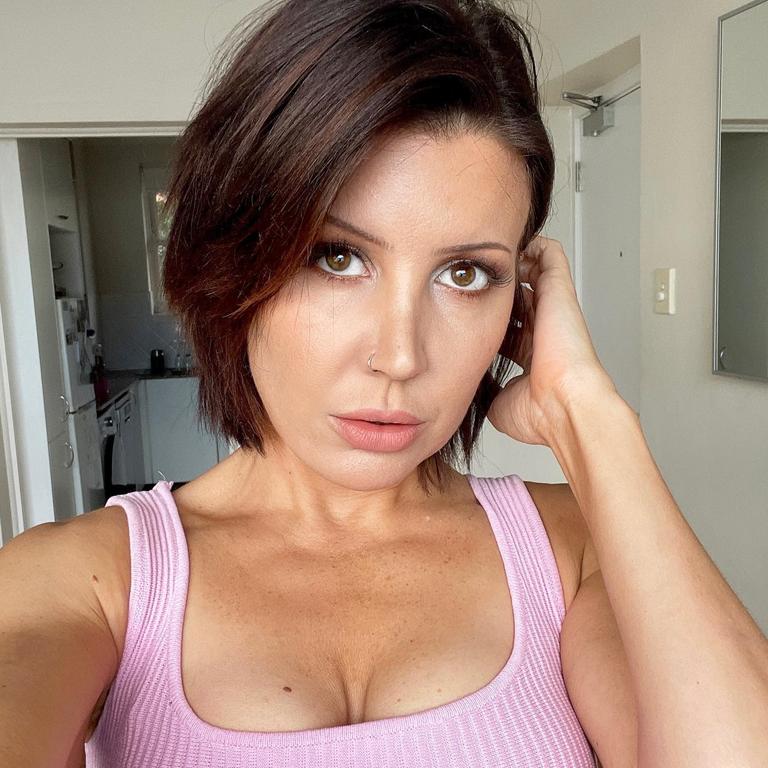
There’s an awkward pause. He shifts his weight from one foot to another as though physically unsettled by my confidence. Then he answers.
“I was wondering if you’d, uh, be interested in going out with me.”
It’s a scenario I’ve become somewhat accustomed to; being approached by men while walking alone, sans makeup, dressed down in activewear.
And it’s notable because, of all the occasions I’ve been out in figure-hugging dresses and heels, dancing or chatting confidently with friends, I’ve never had a man stop me like this.
A lot of men would suggest this is simply proof guys prefer a more “natural” look (I put “natural” in quotation marks because most men actually have no idea what “natural” looks like. Case in point: a male colleague once told me he liked that I didn’t have “anything done” to my face. At the time, I was wearing heavy lash extensions, a pout full of lip filler, Botox, faux tan, at least a dozen different makeup products, and had recently had a nose job.).
However, I don’t believe a preference for a less-is-more aesthetic is at the root of why women attract men’s attention when we’re alone in workout clothes.
In fact, I’d argue attractiveness has very little to do with it at all. That, the appeal of a dressed down woman who’s on her own is a perception of powerlessness.
In a study conducted by researchers at the University of British Columbia, men were shown images of submissive, smiling women, as well as pictures of women who looked proud and confident. When asked to rank the women based on attractiveness, men overwhelmingly rated the women who appeared meeker and more agreeable as most appealing.
Though this study was only small (it included just a thousand participants), it reflects something self-assured, powerful women have long known: men want them in theory, but not in practice.
A far more comprehensive research paper published in the Personality and Social Psychology Bulletin, examined six different studies on attraction and found men were only attracted to strong, outgoing women when they were deemed to be physiologically distant (meaning, the women were out of reach, like more of an idea than a reality).
When confident women were physiologically close (in other words, a relationship was possible and available with them), their attractiveness rating went down.
It echoes a phenomenon depicted in an early Sex And The City episode, where Miranda is hit on by a handsome man at the gym, and tells Carrie, “He said, “I think you’re very sexy”...I was wearing no makeup and my Hanes three-dollar old man undershirt. I just can’t believe that a guy would think I was sexy [like that],” but after she begins to date him and her confidence blossoms, is abruptly dumped and branded arrogant.
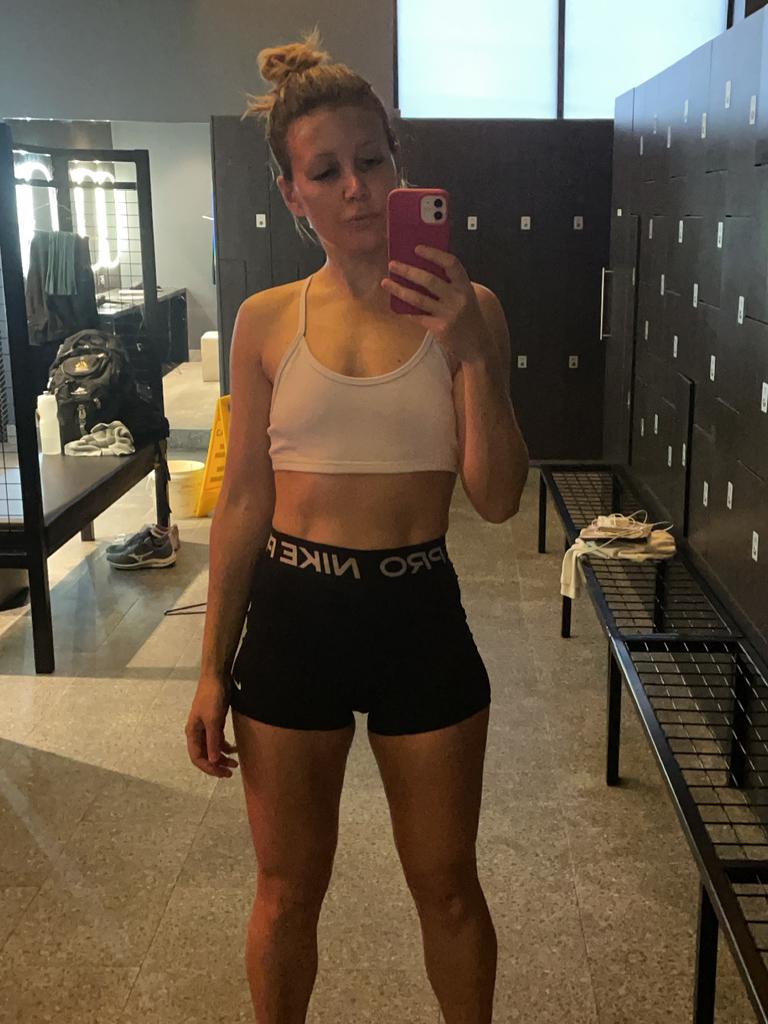
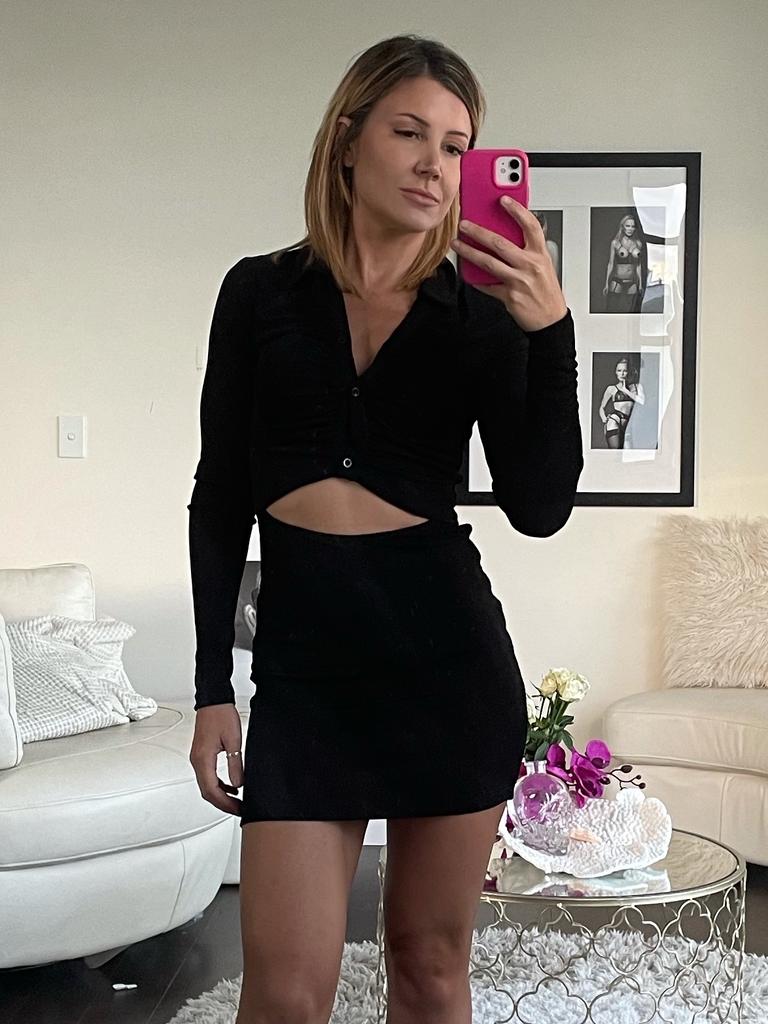
In an unscientific attempt to replicate this effect, I posted photos to my Instagram story of myself dressed up, feeling my best, alongside an image of me in activewear with no makeup on, and asked men which version they preferred, and why.
While there were plenty of expected answers in reference to favouring the gym gear (“I like women in tights because they show off their body,” and “a woman in activewear looks like she takes care of herself”), something that stood out, was the volume of men saying they felt emboldened to hit on a woman who was dressed down.
“Activewear = less intimidating and more approachable. Dressed up = more intimidating,” one male respondent clarified.
“The activewear gives off more of an approachable girl-next-door vibe, like she would be happy to talk,” agreed another.
Women chimed in too, confirming they’d been on the receiving end of this.
“It happened to me so much, it actually put me off wearing activewear altogether,” shared one female follower.
“I get it a lot and I feel like it has to do with an element of knowing you might be less confident if you’re sweaty/not made up, so possibly self-conscious and more vulnerable/flattered by attention as a result,” explained another.
Perhaps most striking, was how many women described this attention as unwanted.
“When I’m heading home from the gym or doing my groceries in my trackies, the last thing I want is to be stopped by a man and hit on. I’ve started wearing headphones to give guys the hint I’m not available to talk,” a woman wrote.
And this anecdote is backed up by the research. According to a 2020 survey by Plan International UK, a whopping two thirds of young women and girls have experienced sexual attention they describe as “unwanted” from men while out in public.
It speaks to a pervasive obliviousness among men about how hypervigilant women have to be when we’re on our own, in a world where one in four of us (according to the latest WHO data) will be sexually assaulted in our lifetime.
To be clear, I don’t personally have an issue with men (or frankly, people in general) approaching me when I’m out – provided I’m in a public place where I feel safe, and they’re courteous, I’m generally happy to chat – though it’s never resulted in a romantic or sexual encounter.
Admittedly, I only date women these days. But more importantly, like Miranda in the wake of her Gym Guy fling, I’ve stopped valuing the attention of people who prefer me at my least powerful.
Follow Nadia Bokody on Instagram and YouTube for more sex, relationship and mental health content.






